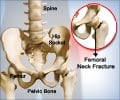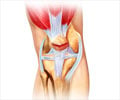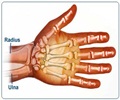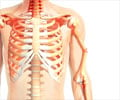Scientists have long puzzled over the relationship of body weight changes on hip fracture risk.
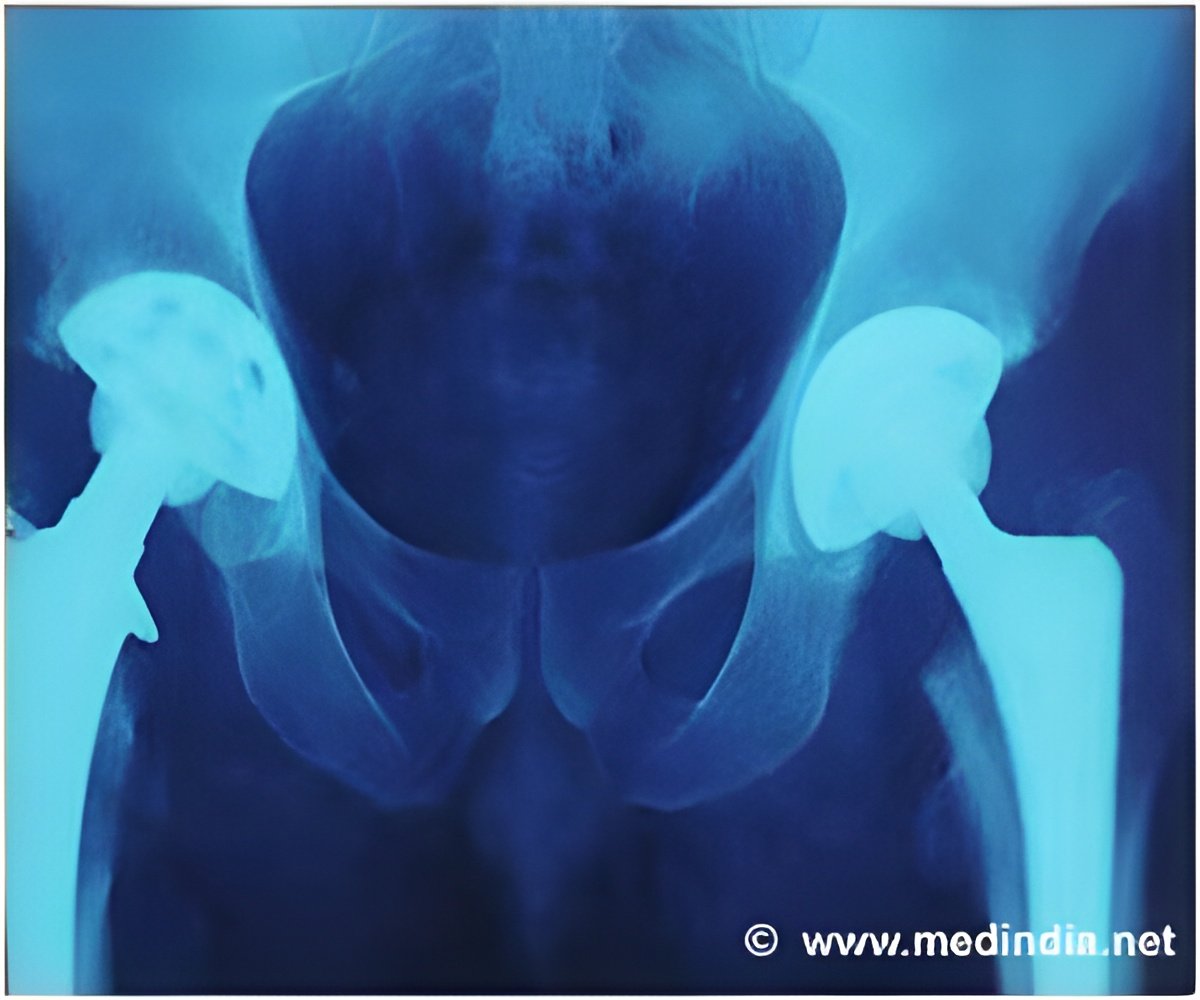
The researchers used data from the Singapore Chinese Health Study, a population-based cohort of 63,257 Chinese men and women aged 45-74 years at recruitment (1993-1998). After an average of 5.7 years, the researchers conducted a follow-up interview (1999-2004) among 52,322 surviving subjects in the group studied.
A total of 775 incident hip fracture cases were identified from the follow-up interview until December 31, 2010 [interval of 9.0 years]. The mean age at hip fracture was 75.3 years.
The main findings showed:
- Compared to subjects with stable weight (loss or gain less than 5%), those with weight loss of 10% or more had a 56% increase in hip fracture risk, and the elevated risk was present in both men and women. Even after accounting for health conditions and follow-up BMI subsequent to the weight change, those with weight loss of 10% or greater still had a 39% increase in hip fracture risk.
- The increase in risk for those who had lost 10% or more in weight was more prominent in those subjects whose baseline BMI was equal to or greater than 20 kg/m2, but it was not observed in those who were already very lean at recruitment (baseline BMI< 20 kg/m2). In fact, subjects who were overweight at recruitment (BMI>25 kg/m2) and subsequently lost 10% or more in weight had the greatest increase in risk.
- Overall, weight gain was not associated with hip fracture risk. Although weight gain equal to or greater than 10% appeared to reduce hip fracture risk in those with a baseline BMI ≤ 25 kg/m2, the association was not statistically significant.
Advertisement

